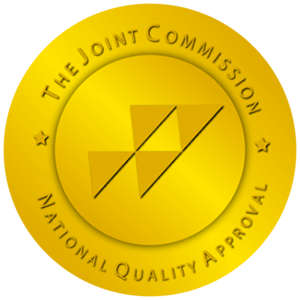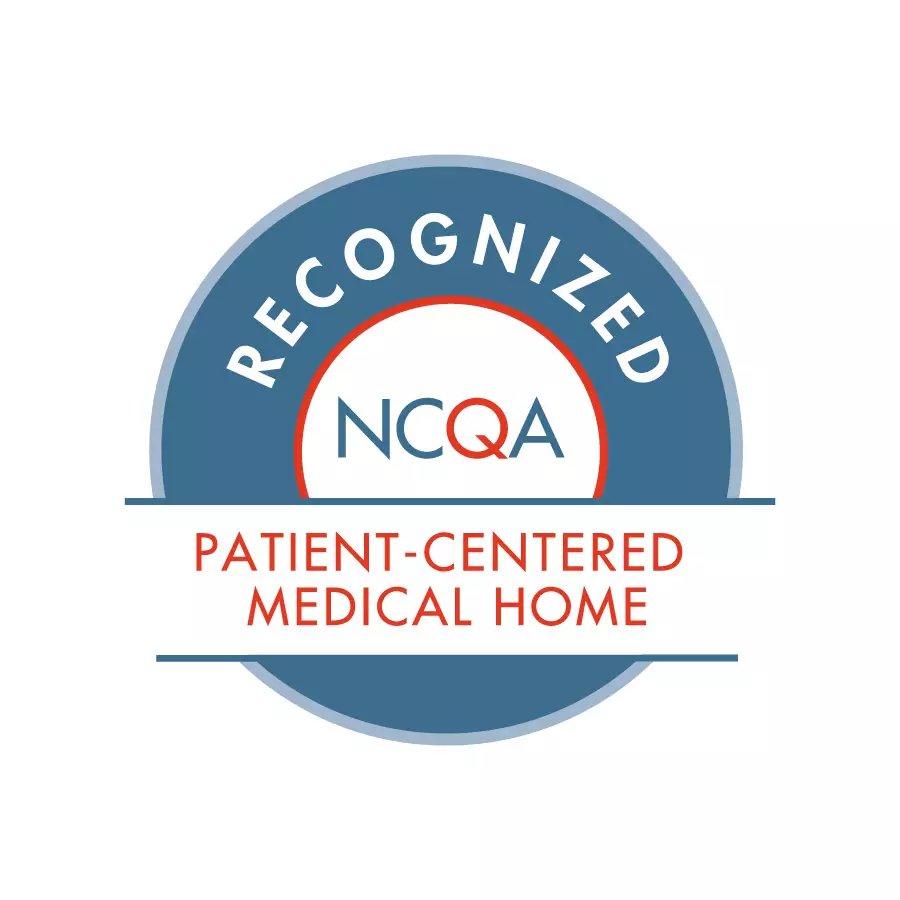Eastern Connecticut – Generations Family Health Center, Inc. (Generations) is proud to announce the celebration of its 40th anniversary. Since its establishment in 1984, Generations has been dedicated to providing essential healthcare services to the residents of eastern Connecticut.
From its modest beginnings as a part-time medical clinic in the small “White House” in Willimantic, Generations has expanded to become a private, not-for-profit, regional Federally Qualified Health Center (FQHC). The center offers a full spectrum of primary health care, oral health care, behavioral health care, and case management and support services through its locations in Willimantic, Norwich, Putnam, Danielson, a school-based health center in Putnam as well as a Mobile Health Unit.
Generations also operates various community programs aimed at special populations, including Migrant Farm Workers, Children in Foster Care, Children and Youth with Special Health Care Needs (CYSHCN), Health Care to the Homeless, Affordable Care Act (ACA) enrollment, Ryan White C & D HIV Early Intervention programs, and Care Coordination Services. These efforts reflect Generations’ unwavering commitment to accessibility, affordability, and excellence in healthcare.
As Generations celebrates its 40th anniversary, the organization looks back on four decades of providing compassionate care to the community. The center has become a beacon of hope and healing, touching countless lives along the way. This milestone serves as a testament to the dedication and hard work of Generations’ staff, supporters, and community partners.
Generations Family Health Center remains steadfast in its mission to continue serving the healthcare needs of eastern Connecticut with the same level of compassion and commitment for the next 40 years and beyond.
For more information call Allison W. Heneghan 860-803-7254
The Board of Directors for Generations Family Health Center has completed the search process for a new Chief Executive Officer, which began earlier this year when Arvind Shaw, the current CEO, announced his upcoming retirement. Board of Directors Chairperson, Selma Ward, announced, “After an extensive search, I am very pleased to announce that Melissa Meyers has been chosen to succeed Arvind Shaw, as Generations’ next Chief Executive Officer. The search committee of the Board and all board members acknowledge the commitment, leadership, and patient-driven service that Melissa brings to the Generations community and the communities we serve at large. Melissa will be a thoughtful, kind, and committed leader for Generations, assisting in powering healthcare into the future. She will begin her new role of CEO on Jan. 3, 2023.”
Ms. Meyers has been with the organization since 1995, when she was first employed as a Medical Case Manager. Over the years, Ms. Meyers ascended through the ranks of administration, joining the Senior Management team in 2001 as the Director of Operations, and became the Chief Operating Officer in 2010. Her work at the health center has included the development and implementation of many grant programs, care services, internal systems, agency policies, community partnerships, and also the design and construction of the facilities built in Willimantic and Putnam. Most recently she was one of the key leaders for the health center’s response to the COVID-19 pandemic.
Ms. Meyers received her Bachelor’s Degree in Sociology from Eastern CT State University in Willimantic, CT in 1989, and a Master’s Degree in Health Administration in 2007 from A.T. Still University, in Kentucky. In addition to her career in public health, she has volunteered with many different community groups and boards of directors over the years. Currently she is a member of the Killingly Business Association, HealthQuest Northeast CT, the NECT Women & Girls Fund, and is the President of the Putnam Rotary Club. Ms. Meyers resides in Putnam, CT with her husband, Bill Meyers, and son, Cade Bonsall.
Ms. Meyers reports, “I am very excited to have the opportunity to lead the organization I love, and have been committed to for so many years. I’m honored to have the trust and support of our Board of Directors, and humbled to be the chosen steward for our mission. I am passionate about access to care and believe it to be an essential human right, not a privilege reserved only for those with resources. Every member of our community deserves access to high quality, compassionate health care, and that is what the hard-working employees at Generations strive to provide each and every day. I look forward to leading with effectiveness, grace, and an eye to the future, while also honoring the legacy of service Arvind is leaving behind. We are fortunate to have such a top-notch leadership team and board of directors at our organization, and our employees consistently perform at the highest standards. I’m proud of them all, and plan to engage all of our employees as well as our community partners on the very ambitious strategic goals of Generations. The future is bright!”
For more information call Allison W. Heneghan 860-803-7254



